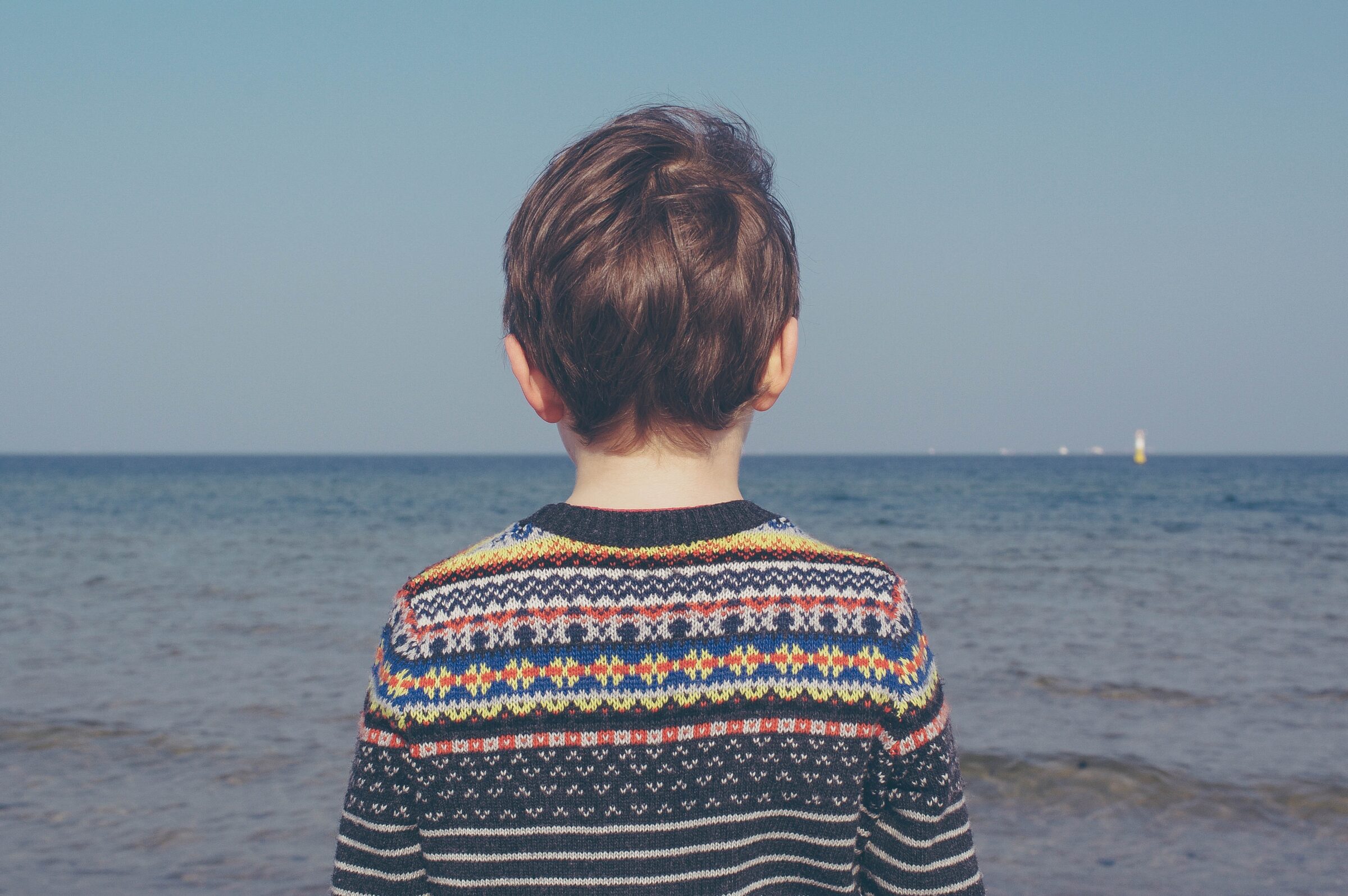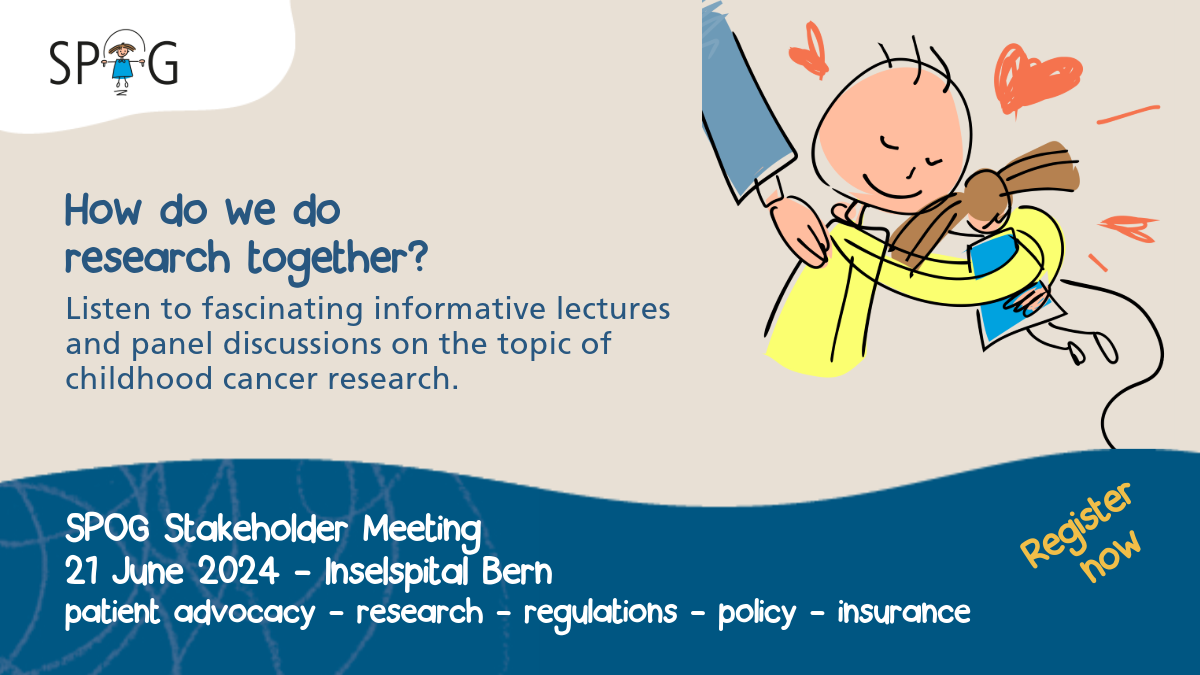The significance of research into childhood cancer in Switzerland

The situation has improved considerably over the years. The statistics compiled by the Federal Statistical Office and the Swiss Childhood Cancer Registry (ChCR) show that the survival rate for children with cancer increased from about 50% in 1976 to the impressive figure of 87% in 1988*. The main reason for this positive development was intensive research which contributed to substantial advances in paediatric oncology. Paediatricians in Switzerland focus on this vitally important work at the nine specialised centres that are members of the Swiss Paediatric Oncology Group (SPOG) based in Bern.
The cancers diagnosed most frequently in children and adolescents are leukaemias (one third), tumours of the central nervous system (one quarter) and lymphomas (one sixth). A diagnosis of cancer at a young age impairs not only the child’s chances of survival but also their quality of life. Cancer therapy impacts children and adolescents at a decisive phase in their growth and development, potentially leading to a large number of side effects and late complications.
It is therefore vitally important for the treatment of each and every child with cancer to be adapted to the particular characteristics of that child’s tumour. Here research is the key to ensuring a better future for children and adolescents with cancer and to their successful reintegration into life after therapy.
Clinical research into childhood cancer has already made substantial progress in terms of the treatment of and prognosis for children and adolescents with cancer. The SPOG centres in Switzerland are involved exclusively in international clinical studies, which facilitates a comprehensive exchange of information between doctors and researchers. This approach allows data to be collected and analysed even for very rare tumours, which enables every child to be provided with more efficient, more targeted and individual treatment and minimises the risk of late complications.
While rare, childhood cancer nonetheless requires a large number of research projects to be carried out so that the best possible treatment can be ensured for every child in Switzerland. The pharmaceutical industry helps to support these studies by providing medicines, but does not generally contribute to the additional costs associated with research for children with cancer. These costs are considerable and require public funding. SPOG, which is responsible for and coordinates several significant international research projects in Switzerland, receives funding from the State Secretariat for Education, Research and Innovation (SERI) and from numerous supportive foundations.
Specialists such as Prof. Katrin Scheinemann, MSc, medical director of the Haematology/Oncology Centre at the Children’s Hospital of Eastern Switzerland in St. Gallen and President of SPOG, underline the vital importance of ensuring the implementation of international studies and research projects involving the latest treatment methods in Switzerland. The aim is to make continuous progress in the field, thus ensuring that all children with cancer can have a future and a normal life.
The significance of this research for the future of children with cancer in Switzerland cannot be stated too highly. And this is why we invite you to join us and support the work done by SPOG. Every donation, whether large or small, makes a major contribution to driving research forward and developing life-changing treatments. Your support helps us to give the children and their families hope for a better future. A donation to SPOG is more than just a contribution – it is an investment in the life and the future of a child. Together we can help children and adolescents confronted with cancer to have a bright and hopeful future. Join us today and make a difference!
*10-year survival rate after diagnosis.




